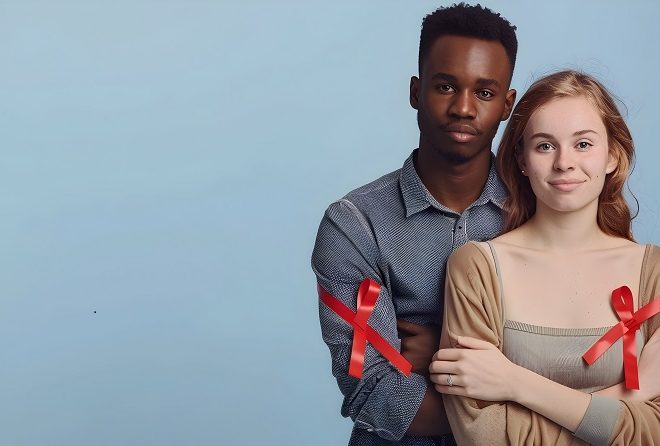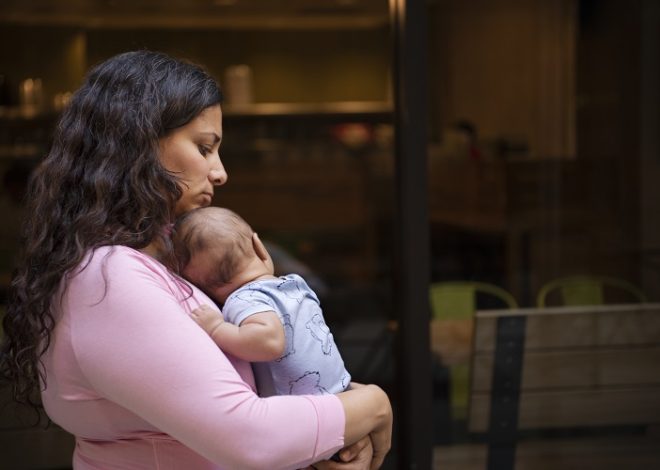For many Black women, navigating the Dating World With an STD Diagnosis can feel isolating, painful, and even dangerous. The shame, silence, and cultural expectations surrounding sexual health often lead to a lack of open dialogue—especially in Black communities. Stigma around STDs (Sexually Transmitted Diseases) like herpes or HIV often intersects with racism, sexism, and stereotypes, making Black women disproportionately affected not just physically, but emotionally and socially as well.
Dating with an STD should not be a life sentence of secrecy or shame. Black women deserve to thrive in relationships built on honesty, respect, and mutual understanding. In this blog, we will explore how to break the STD stigma for Black women in dating—starting with education, safe spaces, and empowerment.
STD Stigma Hits Black Women Harder
Black women are often portrayed through narrow and harmful lenses—hypersexualized, “strong,” or emotionally stoic. These damaging stereotypes contribute to the stigma around STDs in communities of color. Add to that systemic inequalities in healthcare access, racism in medical treatment, and limited sexual health education, and it becomes clear why Black women are more vulnerable to stigma and discrimination.
Black women are statistically more likely to contract STDs like chlamydia, gonorrhea, and herpes—not because of personal behavior but due to healthcare disparities, unequal access to testing, and cultural taboos. When diagnosed, the stigma multiplies, making it difficult to disclose to partners or even talk openly with friends or family.
To dismantle this stigma, we need honest conversations. We need culturally responsive healthcare. And most of all, we need support systems that validate the unique experiences of Black women living with STDs.
Empowering Black Women to Own Their Sexual Health
Owning your sexual health isn’t just about getting tested—it’s about embracing your story, even when it involves pain or vulnerability. Black women are often shamed into silence, expected to “stay strong” even when they’re hurting inside. That mindset needs to change.
Living with herpes, HIV, or any other STD does not define your worth. Confidence and self-acceptance come when you realize that your diagnosis is not a reflection of your character—it’s simply a part of your journey. Empowerment means educating yourself, connecting with others, and refusing to let stigma dictate your romantic life.
There are now online platforms, dating apps, and forums built for people living with STDs. These spaces allow Black women to date with dignity, discuss their status safely, and form genuine, stigma-free connections.
Dating With an STD: Reclaiming Power and Vulnerability
The hardest part about dating with an STD is often the disclosure. When do you tell someone? How will they react? Will they judge you or walk away? These are real fears—and they are especially intense for Black women who already face judgment in other areas of life.
But disclosure isn’t about confessing guilt—it’s about asserting truth. When you disclose your status, you’re being honest, vulnerable, and brave. You’re taking control of the narrative rather than letting fear write it for you. And you’re allowing the right people to truly see and accept you for who you are.
It’s important to date people who see your humanity before your diagnosis. If they respond with ignorance or disrespect, let them go. They’re not rejecting you—they’re rejecting their own discomfort with health and honesty.
Online STD Dating Sites for Black Women
The rise of herpes and HIV dating sites like PositiveSingles, MPWH (Meet People With Herpes), and HWerks has created powerful alternatives to mainstream dating apps. These platforms foster spaces where individuals can be transparent without fear of rejection.
For Black women, joining these STD dating communities can feel like entering a judgment-free zone. You don’t have to over-explain, apologize, or hide. You can just be yourself—sexy, smart, funny, romantic, and real. These platforms often offer support forums, educational articles, and chat features to connect with others who understand your journey.
When choosing an STD dating site, look for platforms that celebrate diversity and provide resources for Black women navigating both health and identity.
Mental Health and STD Stigma: Healing the Invisible Wounds
Living with an STD affects more than your physical health—it impacts your mental health too. The internalized shame, anxiety, and depression that come with an STD diagnosis are rarely talked about, especially in the Black community.
Many Black women struggle to find therapists who understand their cultural background and health status. Unfortunately, this gap leaves many to cope in silence, believing they must “be strong” instead of help.
Therapy, support groups, or even journaling can be powerful tools to process feelings and regain a sense of self-worth. Breaking the stigma starts inside. The more you affirm your value, the less power shame holds over you. Your diagnosis doesn’t make you damaged or dirty—it makes you human.
Sisterhood and Safe Spaces: Building Community for Black Women With STDs
One of the most powerful antidotes to stigma is community. When Black women come together to share stories, offer advice, and uplift each other, healing begins. Whether through online forums, support groups, or local meetups, having a tribe of women who get it makes all the difference.
Communities like The Well Project, Black Women’s Health Imperative, and various Facebook support groups offer vital spaces where Black women can talk about living with herpes, HIV, or other STDs. These conversations normalize what has long been hidden.
In these spaces, Black women can ask questions without judgment, share their dating experiences, and celebrate their wins—whether it’s a new relationship, a moment of courage, or just waking up feeling empowered.
Cultural Conversations: Redefining What It Means to Be “Clean”
We need to unpack the language we use when talking about STDs. Calling someone “clean” after a negative test result automatically implies that anyone with an STD is “dirty”—which is both incorrect and harmful.
This harmful language is deeply embedded in dating culture, especially on dating apps and in casual conversations. For Black women who already face racial and gender-based microaggressions, such terminology adds another layer of shame.
The truth is, health is complex. You can live a healthy, vibrant, love-filled life with herpes or HIV. You can be clean, confident, and clear about your sexual health—all while living with an STD. It’s time to dismantle these toxic narratives and replace them with truth, education, and empathy.
Real Talk: Dating Tips for Black Women Living With STDs
Navigating the dating world with an STD takes strategy, courage, and self-love. Here are a few tips to keep your dating life healthy and empowering:
- Be Honest Early: Don’t wait until the last minute. Choose a comfortable time to share your status. Confidence helps ease the conversation.
- Use the Right Language: Educate yourself about your condition. Speak clearly and avoid using shame-based terms.
- Protect Yourself and Others: Use condoms, antiviral treatments, or PrEP/PEP depending on your condition.
- Seek Support: Don’t isolate. Connect with others in similar situations through forums or support groups.
Dating with an STD as a Black woman isn’t about settling—it’s about setting standards and boundaries that protect your peace.
Rewriting the Dating Narrative for Black Women With STDs
Breaking the STD stigma for Black Women in Dating is more than a campaign—it’s a revolution. It’s about rewriting tired narratives, removing shame, and building a world where all women can be fully seen, heard, and loved—regardless of health status.
Your diagnosis does not diminish your ability to find love, passion, or purpose. You are not a statistic or a stereotype. You are a whole, vibrant person worthy of respect, joy, and connection.
To every Black woman living with an STD: You are not alone. You are not broken. You are powerful. And your story is still being written—with honesty, dignity, and love.




